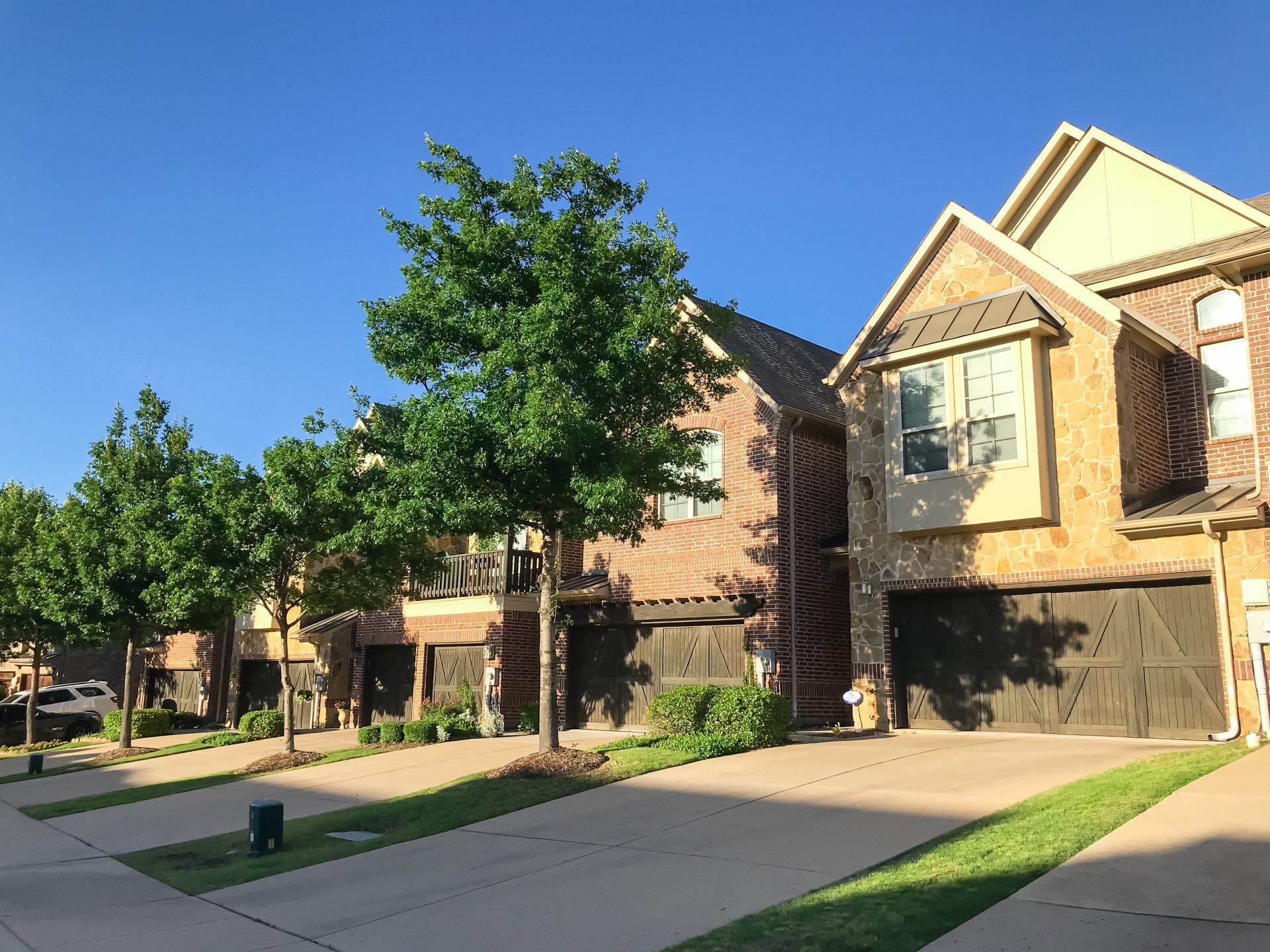Understanding Commercial Retail Real Estate Leases
Understanding Commercial Retail Real Estate Leases: How They Work, Triple Net (NNN), and Other Tenant Expenses

When leasing a commercial retail space, it’s crucial to understand the different types of leases and potential costs associated with them. Unlike residential leases, commercial leases can be more complex, with varying expense structures that impact both the landlord and tenant. One of the most common lease types in commercial real estate is the Triple Net (NNN) lease, but there are also other variations to consider. Let’s break down how commercial retail leases work and what expenses tenants should anticipate. North Texas is continuing to growth at a substantial rate. Including, Collin, Dallas, Denton, Grayson, Tarrant Counties and surrounding cities. We are seeing exponential growth in Allen, Frisco, McKinney, Plano, Prosper, Anna, Melissa, and Van Alstyne, Texas.
When searching for a commercial retail space, partnering with a knowledgeable commercial realtor is essential to securing the best location and terms for your business. A commercial realtor brings expertise in market trends, property values, and zoning regulations, ensuring you find a space that aligns with your needs and budget. They will guide you through the complexities of negotiations, helping you secure favorable lease terms, rent rates, and potential incentives from landlords. Additionally, they will navigate the lease agreement, ensuring you understand all clauses, responsibilities, and potential costs, protecting you from unexpected expenses. With a skilled commercial realtor by your side, you can make confident, informed decisions and focus on growing your business.
Types of Commercial Retail Leases
Commercial retail leases generally fall into three main categories:
1. Gross Lease (Full-Service Lease)
Under a gross lease, the tenant pays a fixed rent amount, and the landlord covers most or all of the operating expenses, such as property taxes, insurance, and maintenance. This type of lease is more common in office buildings rather than retail spaces, but it can still be found in certain retail settings.
2. Modified Gross Lease
A modified gross lease is a hybrid between a gross lease and a net lease. The tenant pays a base rent along with some portion of the operating expenses, such as utilities or maintenance, while the landlord covers the rest. The specific cost responsibilities are typically negotiated in the lease agreement.
3. Triple Net (NNN) Lease
A Triple Net (NNN) lease is one of the most common structures in commercial retail real estate. In this lease, the tenant pays a base rent plus three additional costs:
- Property Taxes – The tenant pays a portion of the property taxes based on the leased square footage.
- Property Insurance – The tenant contributes to the cost of insuring the property.
- Common Area Maintenance (CAM) Fees – The tenant helps cover expenses for maintenance of shared spaces, landscaping, repairs, and other operational costs.
NNN leases are attractive to landlords because they shift most of the financial burden onto tenants. However, tenants benefit from transparency in costs and, in some cases, lower base rent compared to gross leases.
Additional Expenses Tenants May Incur
Besides base rent and the NNN expenses, retail tenants may be responsible for other costs, including:
1. Utilities and Services
Most commercial tenants are responsible for their own electricity, water, gas, and other utility services. Some landlords may include utility costs in the lease, but tenants should confirm this before signing.
2. Maintenance and Repairs
While CAM fees cover general property upkeep, tenants may be responsible for maintaining and repairing their individual unit, including HVAC systems, plumbing, and interior fixtures. Some leases specify that tenants must replace or service HVAC units regularly.
3. Build-Out and Tenant Improvements
If a retail space requires modifications to suit the tenant’s business needs, these improvements can be negotiated. Sometimes landlords offer tenant improvement (TI) allowances to help with costs, but in many cases, tenants must fund their own build-out.
4. Marketing and Signage Costs
Shopping centers and malls often have specific signage requirements, and tenants may be required to contribute to marketing expenses that promote the center as a whole.
5. Percentage Rent
In some retail leases, tenants may be required to pay percentage rent, which is an additional rent amount based on a percentage of gross sales beyond a certain threshold. This is common in high-traffic malls and prime retail locations.
6. Security Deposits and Insurance Requirements
Commercial landlords often require a security deposit, which varies based on lease terms and creditworthiness. Additionally, tenants must carry their own business liability insurance, and some leases may require specific coverage amounts.
Key Takeaways for Retail Tenants
Before signing a commercial retail lease, tenants should:
- Understand the lease type and what expenses they are responsible for.
- Review CAM fees and NNN expenses carefully to anticipate monthly costs.
- Negotiate tenant improvement allowances if modifications are needed.
- Clarify maintenance responsibilities to avoid unexpected expenses.
- Seek legal and financial advice to ensure favorable lease terms.
Leasing commercial retail space is a significant investment, and understanding the nuances of lease structures can help tenants make informed decisions. Whether opting for a gross lease, modified gross lease, or NNN lease, tenants should fully evaluate all expenses before committing to a long-term agreement.
For more information about commercial leases call us today!
Barry Coggins, Realtor®
Commercial Real Estate - Division Manager
817-846-7148
Cindy Coggins, Realtor®
Team Lead
469-499-7452









